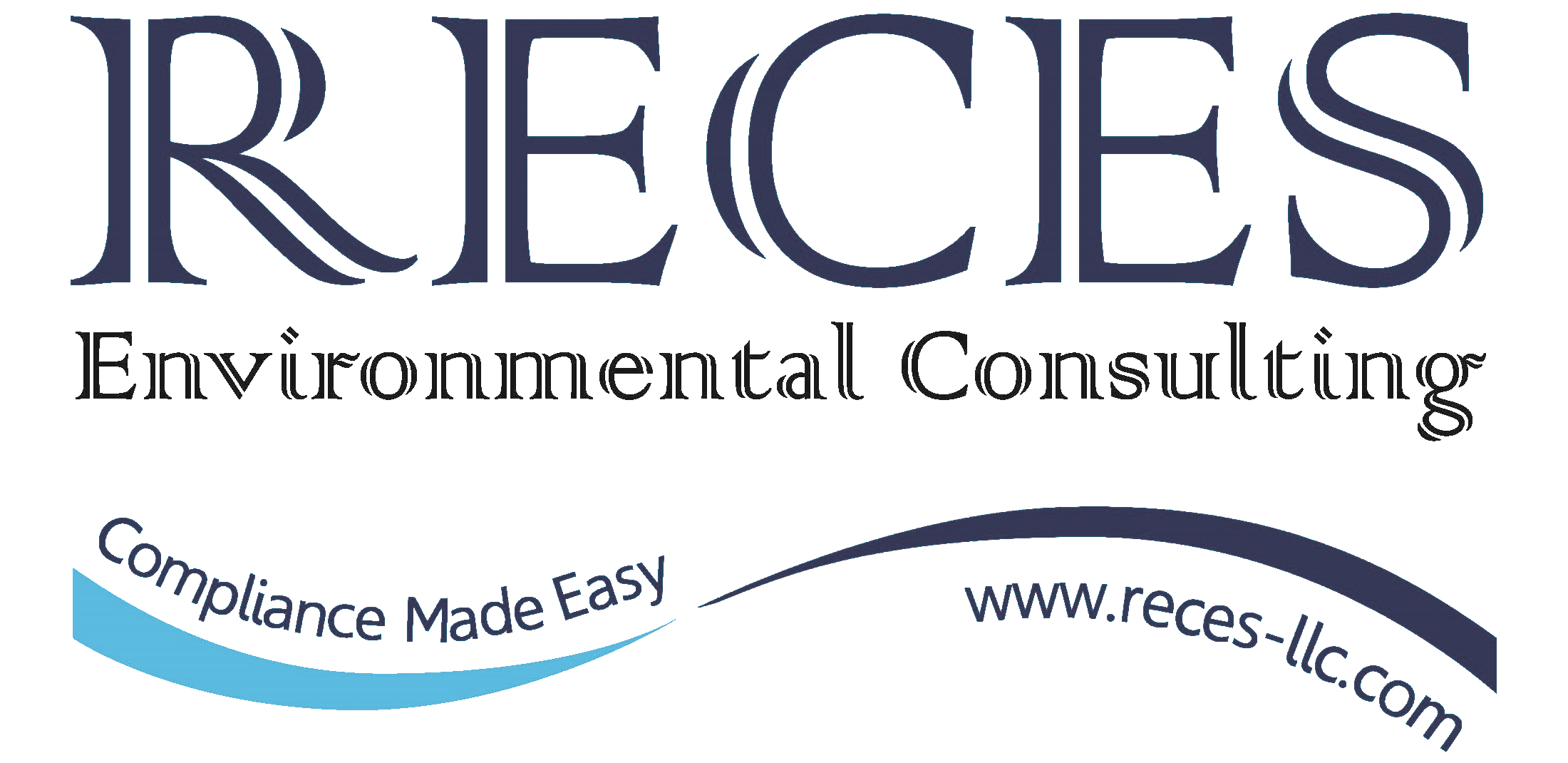Preparation and Submittal of Annual Emissions Inventory (EI)
Who must submit an Annual Emission Inventory?
Typically, facilities with New Source Review (NSR), Title V, and, or Prevention of Significant Deterioration (PSD) permits are subject to this requirement. Specific reporting thresholds for each of the air pollutants below can be found in Title 30 of the Texas Administrative Code 30 TAC 101.10(a). If you are unsure if these criteria apply to your facility, please contact us for a complimentary assessment of applicability.
Your facility’s Emissions Inventory to the Texas Commission on Environmental Quality (TCEQ), is due on March 31st for emissions in the previous calendar year.
Review of the Fundamentals of an Emissions Inventory
TCEQ requires facilities that are subject to 30 TAC 101.10(a) to submit an Emissions Inventory of the actual emissions of the following Pollutants:
- Speciated Volatile Organic Compounds (VOC)
- Hazardous Air Pollutant (HAPs)
- Nitrogen Oxides (NOX)
- Carbon Monoxide (CO)
- Sulfur Dioxide (SO2)
- Particulate Matter (PM10 and PM2.5)
- Lead (Pb)
- Any other regulated air pollutant.
The TCEQ uses this statewide emissions data to supply information to the USEPA, to analyze emissions trends, evaluate pollution control programs, and gauge progress as part of the State Implementation Plan (SIP).
Each facility that is subject to the EI reporting requirements, is required to report their actual emissions through the State of Texas Environmental Electronic Reporting System (STEERS) and the Air Emissions Inventory Reporting (AEIR) with two reporting options: the Web-EI system with the Emission Inventory Questionnaire (EIQ) and the text file upload system. Paper hard-copy reporting of the EI is no longer accepted by TCEQ.
It is important that your facility demonstrates consistency across all reporting. For example, be sure that the EPAs Toxic Release Inventory (TRI) air emissions matches the EI emissions reported to the TCEQ. If the TRI emissions do not match your EI, you can expect a call from the TCEQ later in the year.
Setup With STEERS for Your EI Submission
- If you don’t already have a TCEQ STEERS account, set up a STEERS account and select your appropriate regulated entity number (RN): https://www3.tceq.texas.gov/steers/
- For an Initial Emissions Inventory (IEI), contact the State of Texas Air Reporting System (STARS) to ensure that the necessary information for processing EI is setup. Contact the EI Helpline at (512) 239-1773.
- Setup and assign the person with a that will be the responsible person for submission through STEERS with a signatory authority.
- Select the data upload method (EIQ entry on website or file upload).
Guidelines for Preparing and Submitting an Acceptable and Complete EI
Prior to submitting emissions data, it is important to know the information required by TCEQ. The EI should have the following:
- A signed certification statement.
- Sample emissions calculations for each source type.
- Include calculations that show the basis and acceptable calculation methodologies using actual data.
- Provide all data so that the emissions can be reproduced.
- Equipment and material throughputs and applicable forms
- Process fugitive data forms, as applicable.
- Most recent stack testing data, where applicable.
- If an emissions monitoring system is being used, provide a summary of the most recent relative accuracy test audits.
- Be sure not to submit any confidential information through STEERS.
Where can I get Additional Information?
Each year in January, guidelines are issued by the TCEQ that help, instruct, and address any new guidelines or requirements. TCEQ also issues an FAQ document. Additional information can be found on TCEQs website.
What Can I Do To Learn More?
Feel free to contact us to learn more about the EI requirements. Should you need assistance or have questions specific to the Emission Inventory requirements, or on air permitting, compliance, in general, feel free to contact Kevin Moin, P.E. at (281) 529-5087 (Email: kmoin@reces-llc.com) for a complimentary, no-obligation expertise consultation.
